Fundamental Right to Privacy
Justice K.S. Puttaswamy v Union of India
The Supreme Court held that a fundamental right to privacy is guaranteed under the Constitution of India.
Decided

D.Y. Chandrachud CJI
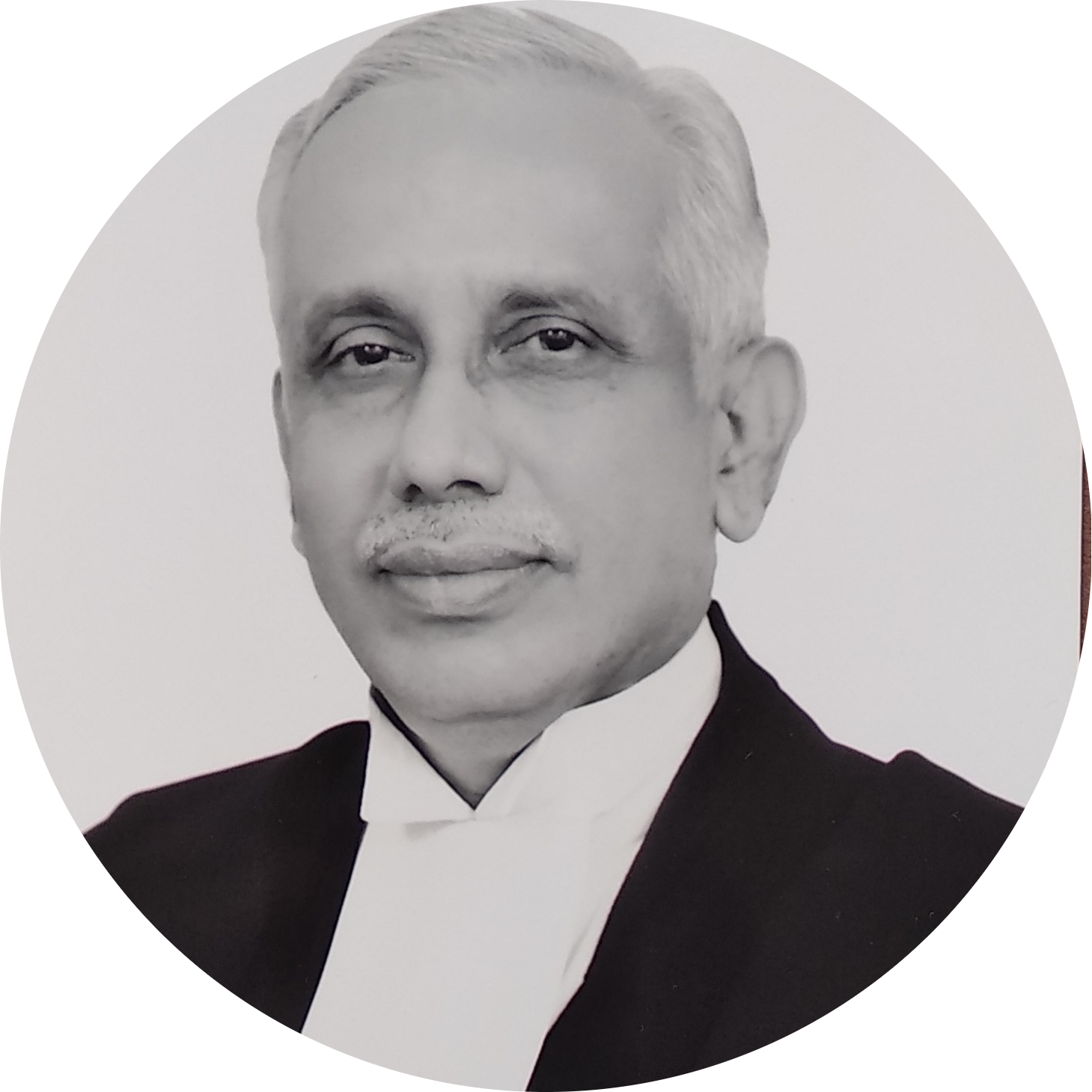
Abdul Nazeer J

Rohinton Nariman J
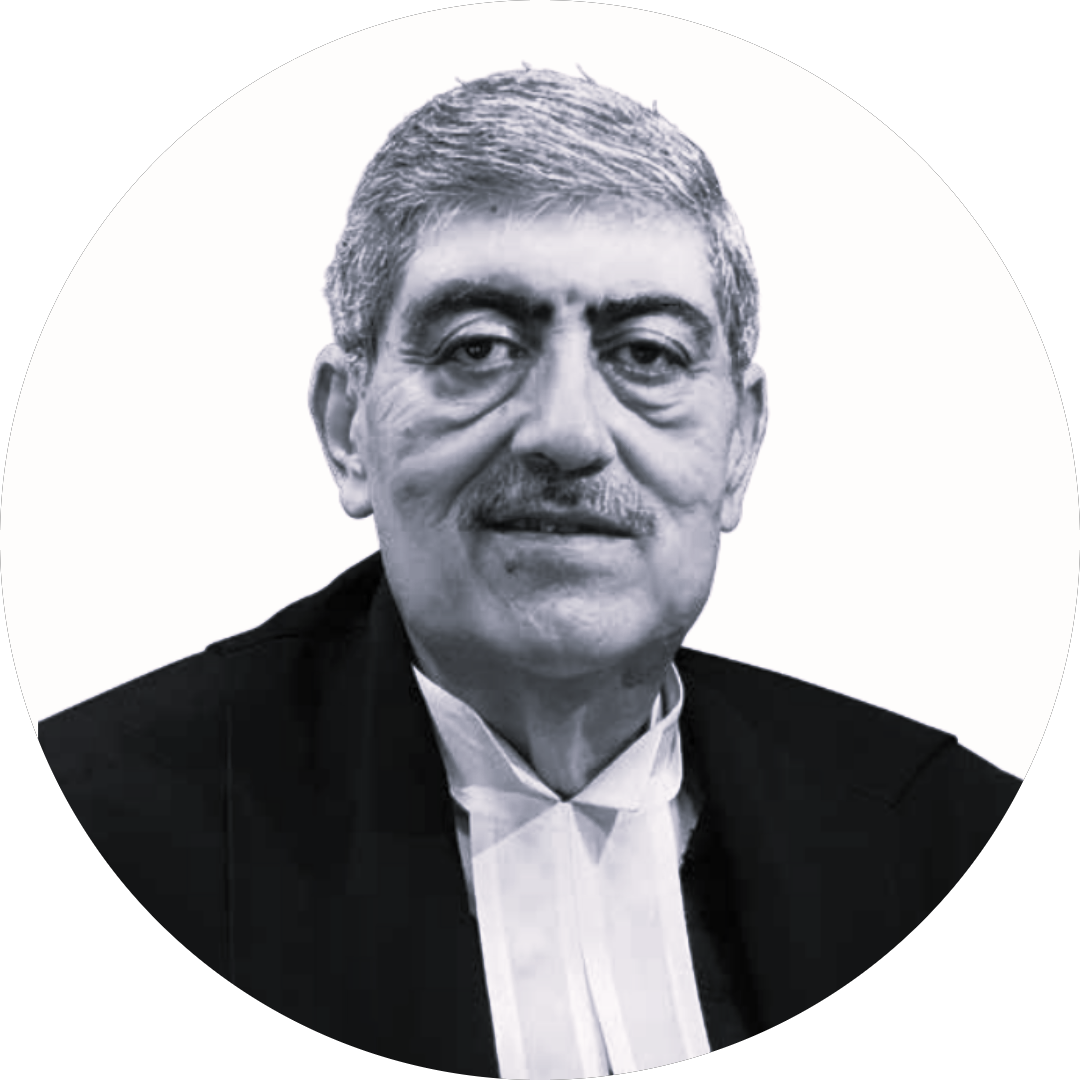
S.K. Kaul J

J.S. Khehar CJI
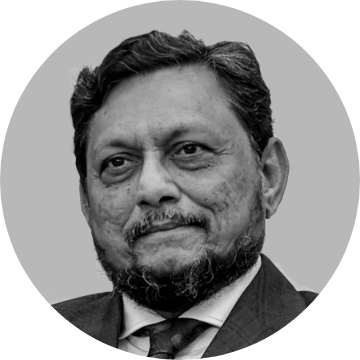
S.A. Bobde CJI
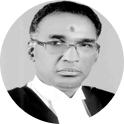
Jasti Chelameswar J
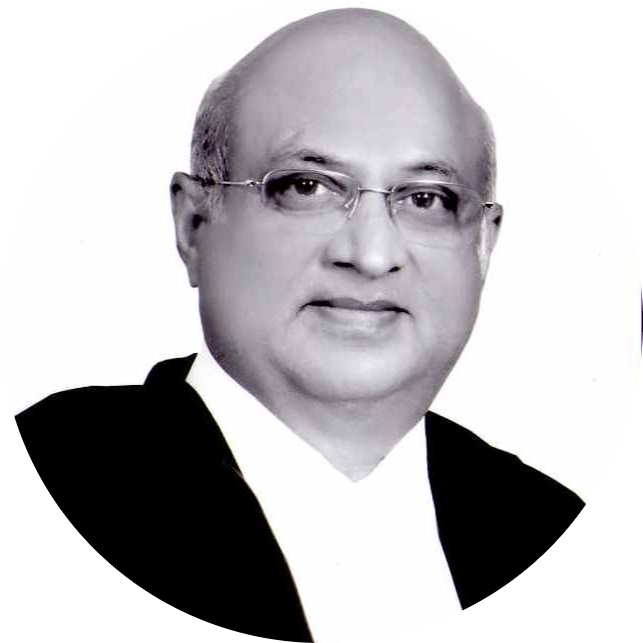
Abhay Sapre J

A.K. Sikri J
Parties
Petitioner/Intervenors: Justice K.S. Puttaswamy; Centre for Civil Society (CCS); S.G. Vombatkere; Mathew Thomas; Raghav Tankha; Kalyani Menon Sen; Ram Prasad Misal; Shantha Sinha
Lawyers: Shyam Divan; Kapil Sibal; Gopal Subramanium; K.V. Vishwanathan; P. Chidambaram; Arvind Datar; Meenakshi Arora; Sajan Poovayya
Respondents: Union of India; Planning Commission; Unique Identification Authority of India; Andhra Pradesh; Assam; Arunachal Pradesh; Bihar; Chattisgarh; Gujarat; Goa; Haryana; Himachal; Jharkhand; Jammu and Kashmir; Karnataka; Kerala; Madhya Pradesh; Maharashtra; Manipur; Meghalaya; Mizoram; Nagaland; Orissa; Punjab; Rajasthan; Sikkim; Tamil Nadu; Tripura; Uttarakhand; Uttar Pradesh; West Bengal; Daman and Diu; Dadra and Nagar Haveli; National Capital Territory of Delhi; Andaman Nicobar Islands; Lakshadweep; Chandigarh; Puducherry.
Lawyers: K. K. Venugopal; Rakesh Dwivedi; Tushar Mehta
Case Details
Case Number: WP (C) 494/2012
Next Hearing:
Last Updated: October 28, 2024
Key Issues
Is the decision in M.P. Sharma v Satish Chandra, District Magistrate, Delhi is correct in law?
Is the decision in Kharak Singh v State of Uttar Pradesh is correct in law?
Is the right to privacy is an intrinsic part of the right to life and personal liberty under Article 21 and a part of the freedoms guaranteed by Part III of the Constitution?
Case Description
On August 24th 2017, the Supreme Court unanimously recognised privacy as a fundamental right guaranteed by the Constitution:
- Majority Opinion authored by Justice Chandrachud on behalf of Chief Justice Khehar and Justices Agrawal, Nazeer and himself.
- Concurring Opinion authored by Justice Chelameswar.
- Concurring Opinion authored by Justice Bobde.
- Concurring Opinion authored by Justice Nariman.
- Concurring Opinion authored by Justice Kaul.
- Concurring Opinion authored by Justice Sapre.
In 2012, Justice K S Puttaswamy, a retired judge of the Karnataka High Court, filed a writ petition in the Supreme Court challenging the constitutional validity of the Aadhaar scheme introduced by the UPA Government.
On August 11th 2015, a Bench of three judges comprising Justices Chelameswar, Bobde, and C. Nagappan passed an order that a Bench of appropriate strength must examine the correctness of the decisions in M P Sharma v Satish Chandra, District Magistrate, Delhi, 1954 (Eight Judge Bench) and Kharak Singh v State of Uttar Pradesh, 1964 (Six Judge Bench). In particular it ordered that the Court must decide whether we have a fundamental right to privacy.
This matter was first placed before a Five Judge Bench headed by the then Chief Justice Khehar. Subsequently, the matter was referred to a Nine Judge Bench on July 18th 2017. The Bench comprised Chief Justice Khehar and Justices Jasti Chelameshwar, S.A. Bobde, DY Chandrachud, Abdul Nazeer, Nariman, R.K. Agarwal, Abhay Manohar Sapre, and Sanjay Kishan Kaul. Arguments began on July 19th 2017 and concluded on August 2nd 2017.
In a historic decision delivered on August 24th 2017, the Bench unanimously recognised a fundamental right to privacy of every individual guaranteed by the Constitution, within Article 21 in particular and Part III on the whole. The decisions in M.P. Sharma and Kharak Singh were overruled.
Since the 2017 judgment, the fundamental right to privacy has been cited as precedent in various landmark judgments, such as the Navtej Johar and Joseph Shine judgments
